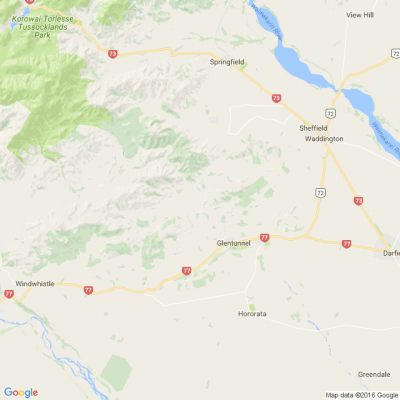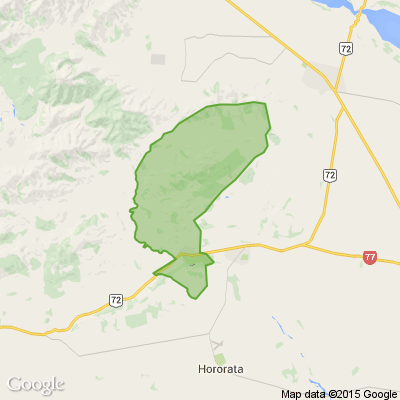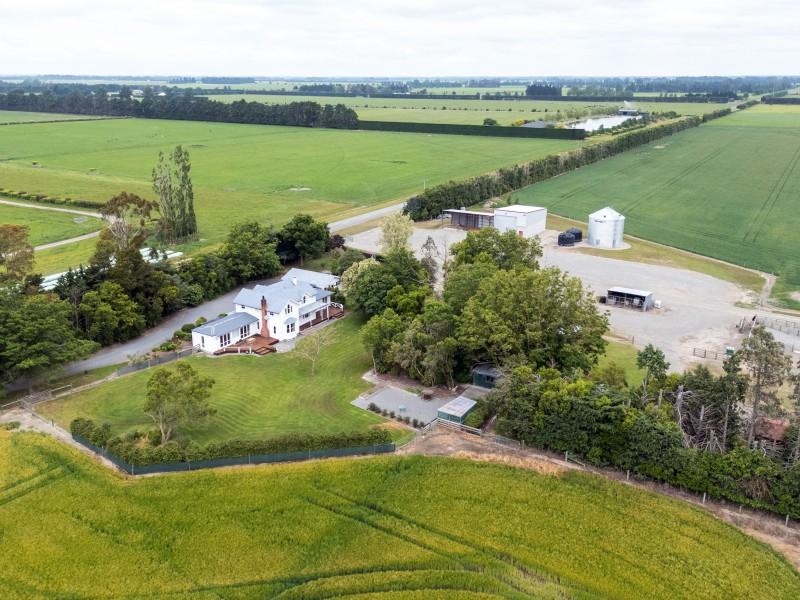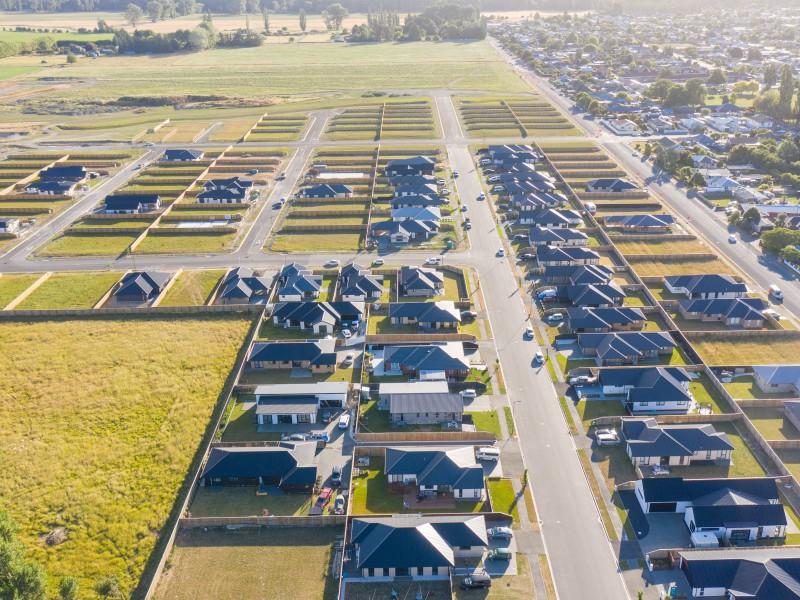CLIMATE IN A GARDENING PERSPECTIVE
I have copied an article that, in the view of current upheaval with climate change environmental activist Greta Thunberg, might change your view of "global warming", the long term effects and the drive behind all this.
Kind Regards,
Wilma Tijsen
Gardening Articles for week ending 5th OCTOBER 2019
Written by Wally Richards.
CLIMATE IN A GARDENING PERSPECTIVE
Climate has been a topic this week with all sorts of protests and I even see on the news some major world banks jumping on the bandwagon (which is a good indication that there is money to be made from climate change)
As a gardener I have a strong interest in the climate as it obviously affects what I can do in the garden and when I can do it.
I have noticed over the last 73 years of my life that climate changes greatly during a 12 month period which means as the climate starts to warm in the spring and daylight hours extend along with the natural warming of soil temperatures.
Then I can germinate seeds of hardy plants once soil temp is 10 degrees or more and I can also plant out seedlings of hardy plants.
Over the next couple of months conditions and warmth improve allowing me to start planting out more tender plants such as tomatoes. Traditionally Labour Weekend which is towards the end of October is the time for the planting out of tender plants as it is normally safer about then.
But the climate is fickle and a cold snap can happen right up to Christmas either killing tender plants or stopping them growing till conditions improve.
Cucumbers are a great teller of the conditions as they will only sulk out doors till things really warm up.
Grown in a glasshouse where they are protected against the weather and its is much warmer, it is there that they will thrive.
Later in the new year after the longest day climate once again changes as the Southern Hemisphere in the Earth's orbit tilts away placing the sun at a lower ebb making for shorter day light hours and cooler autumn temperatures.
This heralds the beginning of the end of the growing season as we race into our winter months.
The climate temperature variation in Palmerston North (Now living in Marton) from a high in summer average of 23 degrees down to a winter average of 5 degrees which according to my wardrobe, is a big range of temperature.
At the equator; which is not affected by the tilt of the planet's axils much we see the sun is up about 6 am and going down quickly at 6 pm all year round and temperature up in the 30's as average.
So climate obviously varies as to where you are on the planet and latitude make a big difference in temperature and climate.
Auckland is at L 36.84, Wellington at L 41.28, Christchurch L 43.53 and Invercargill at L 46.41 It is obvious and well known that the climate/weather in Auckland is very much different to the climate/weather in Invercargill.
Amazing as that is only a variation in Latitude of 10 degrees!
The climate history of the planet according to scientists has change dramatically since the beginning of the planet to current time and will continue to do so till the end of the planet's existence.
The vast changes that have occurred has effected civilizations, species and the terrain.
Ice age to tropical heat and then back to ice age cycles that scientists can measure and the time frames of them. So one truth pertains, 'The climate is always changing whether there are mankind living here or not.' I know in my 70 odd years in Palmerston North I have seen incredible climate change over the years such as in winter, as a school boy it was common to come out of school at lunchtime to see frost still on the ground where it was a bit shaded from the sun.
Now days we don't even see much of a frost.
But back in my school boy days summer was far hotter and better weather than now days.
I know as about 50 years ago I had no problems growing a passion fruit vine in the open on a small fence. Admittedly I had to put sacks over it in winter to protect it from the frosts, which there were plenty.
But in the summer because of the better warmth it would grow like wildfire and produce heaps of fruit.
Now if I planted one in the same situation these days it would grow a little in the heat of summer, sulk in winter and then die.
Even providing protection and planted in a heat prone spot a passion fruit would not do as well as they used to do. The consensus of this is the winters are much milder than they used to be but also the summers are much milder than they used to be.
(According to Mr Passionfruit he knows more about climate than all the scientists in the world)
I also remember in Palmerston North in the spring and into the summer months we would be battered almost every day by a westerly wind which would just about drive people nuts.
Palmerston North, they used to say, that it was windier than Wellington. That was about 40-50 years ago and it was a regular feature of that time of the year. Does that happen still? No nothing like it used to do. Climate change.
I bet that if you have a few years of maturity and lived in the same area most of your time on the planet you will also recall that your climate has changed also.
Another important fact is that when the planet was a lot younger and prehistoric animals of gigantic size roamed and the vegetation was also gigantic, there was according to the scientists, very high levels of CO2.
[Dinosaurs that roamed the Earth 250 million years ago lived in a world with five times more carbon dioxide than is present on Earth today]
This was the reason that plants grew about 5 times bigger than the same plants today. (Cycads & ferns) These composted down to become the fossil fuels of modern times.
The source of CO2 was from lots of volcanic activity. Even today a volcano can release more CO2 in a short time that would take mankind's emissions a year or more to duplicate.
That is why nurserymen generate CO2 in their glasshouses to accelerate the growth of their crops.
Likely the worst effects mankind has on the planet is the destruction of vegetation such as rain forests and jungles.The lungs of the planet taking in (CO2) and releasing oxygen (O2) and pollution destroying our oceans.
We don't see people out marching and protesting about the large dead zones in the oceans which is a situation that is definitely man made.
Thus the more CO2 around the better, the plants will be in your garden will be better off along with the food crops that feed the people. Reduce the CO2 and you reduce the food produced.
Now that is something to be concerned about as hungry people that can't feed their children can be very dangerous. (As with any species)
I read an article this week which you may find interesting see at
mailchi.mp...
My thoughts on this article are along the lines of; Climate Scare is the biggest Ponzi scam ever seen on the planet and I might not be too far wrong.
One thing I do know is that reduction of direct sunlight affects our plants greatly as they need blue skies and direct sun to make carbohydrates from the sunlight.
Cloudy skies affect plant's growth, hazy skies even more so.
I see that there is a plot to dim the skies to supposedly prevent global warming.
This is alarming for two reasons dimming the sky with pollution actual increases the heat from UV radiation making the earth hotter from the then trapped heat.
The other aspect it would prevent food crops from growing and the planet would become a wilderness with little life left on it.
In 1974, Henry Kissinger suggested using food as a weapon to induce targeted population reduction in a previously classified 200-page report, National Security Study Memorandum 200:
For those that have already made up their minds that man-made climate change is the biggest problem facing mankind, can do as others have done in the past, un subscribe and tell me to stick to gardening and don't talk about things that do not conform to their beliefs.
Thank goodness that we still have a little bit of Freedom of Speech left. (I wonder for how long)
Problems ring me at 0800 466464 (Palmerston North 3570606)
Email wallyjr@gardenews.co.nz
Web site www.gardenews.co.nz...
Phone 0800 466464
Garden Pages and News at www.gardenews.co.nz...
Shar Pei pages at www.sharpei.co.nz...
Mail Order products at www.0800466464.co.nz...
New Zealand Bill of Rights Act 1990. Part II of the Act covers a broad range of Civil and Political Rights. As part of the right to life and the security of the person, the Act guarantees everyone:
1 The right not to be deprived of life except in accordance with fundamental justice (Section 8)
2 The right not to be subjected to torture or to cruel, degrading, or disproportionately severe treatment or punishment (Section 9)
3 The right not to be subjected to medical or scientific experimentation without consent (Section 10)
4 The right to refuse to undergo any medical treatment (Section 11)
Furthermore, the New Zealand Bill of Rights Act 1990 guarantees everyone: Freedom of Thought, Conscience, and Religion.
This includes the right to freedom of thought, conscience, religion, and belief,
INCLUDING THE RIGHT TO ADOPT AND HOLD OPINIONS WITHOUT INTERFERENCE (Section 1)
Let food be thy medicine and medicine be thy food.
QUESTION MORE
If you do not want to receive the weekly articles anymore (or other emails from us) then click the unsubscribe link below.
Regards Wally Richards
New Year, New Questions You Won’t Solve!
I get smaller every time I take a bath.
What am I?
Do you think you know the answer to our daily riddle? Don't spoil it for your neighbours! Simply 'Like' this post and we'll post the answer in the comments below at 2pm.
Want to stop seeing riddles in your newsfeed?
Head here and hover on the Following button on the top right of the page (and it will show Unfollow) and then click it. If it is giving you the option to Follow, then you've successfully unfollowed the Riddles page.

Share your summer photos! 📷
Taken some beautiful snaps lately? Whether it's rainbows, sunsets or a beautiful summer's day, we'd love you to share the joy with us.
Share a photo in the comments below








 Loading…
Loading…
















